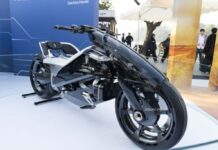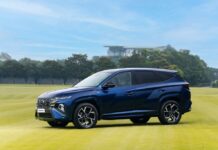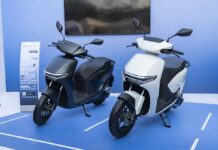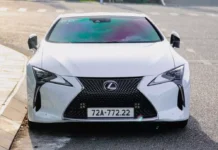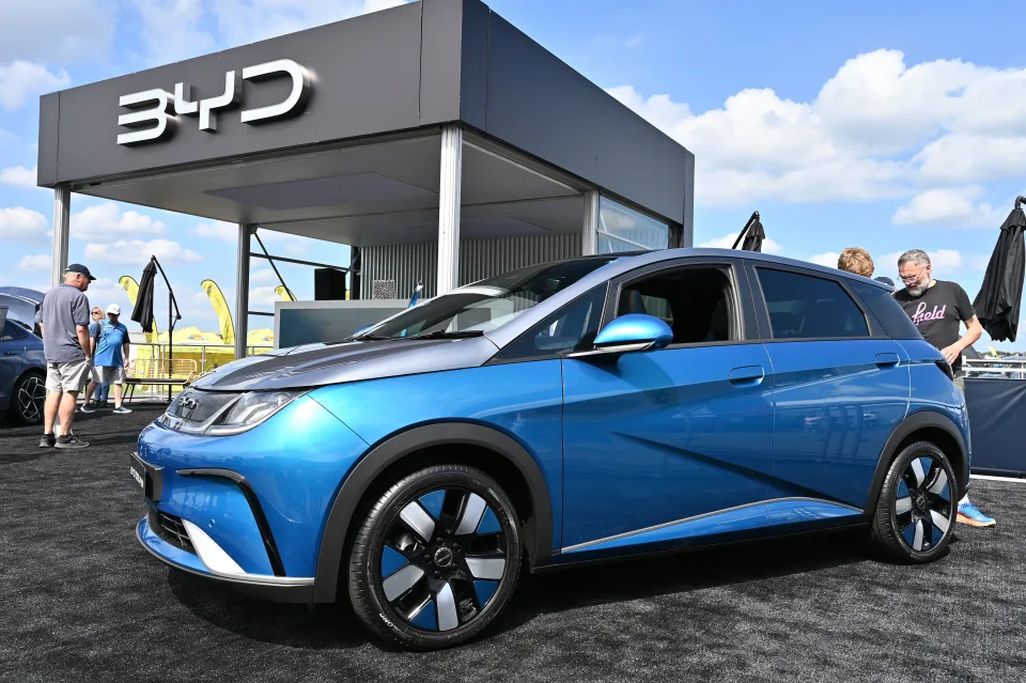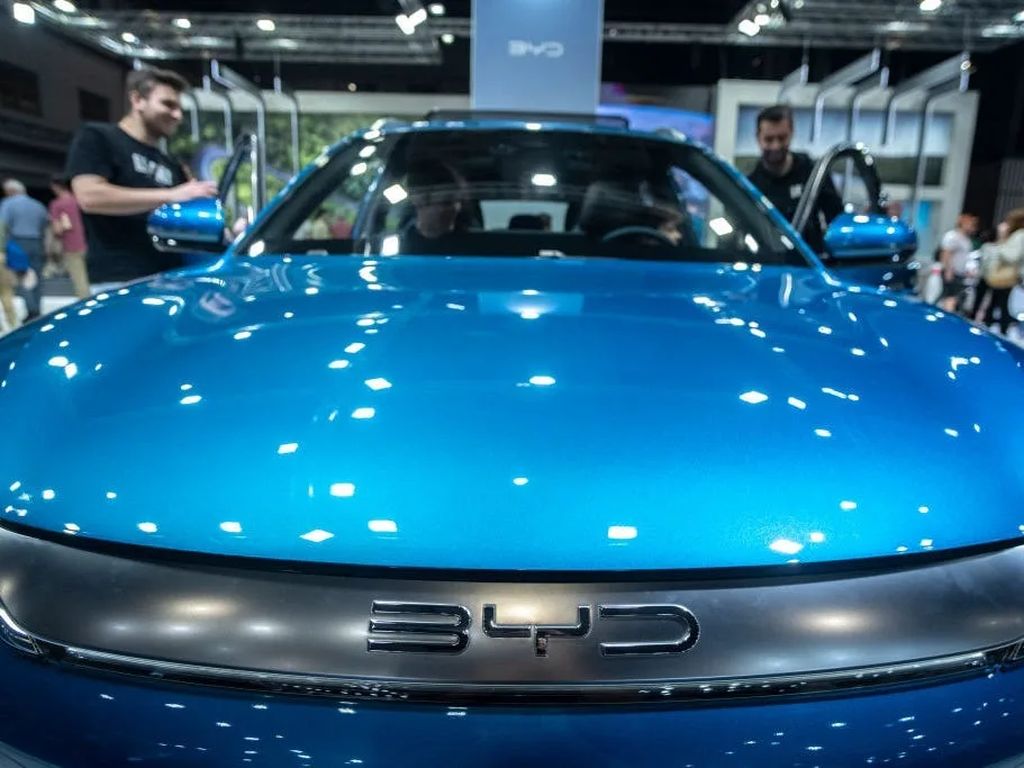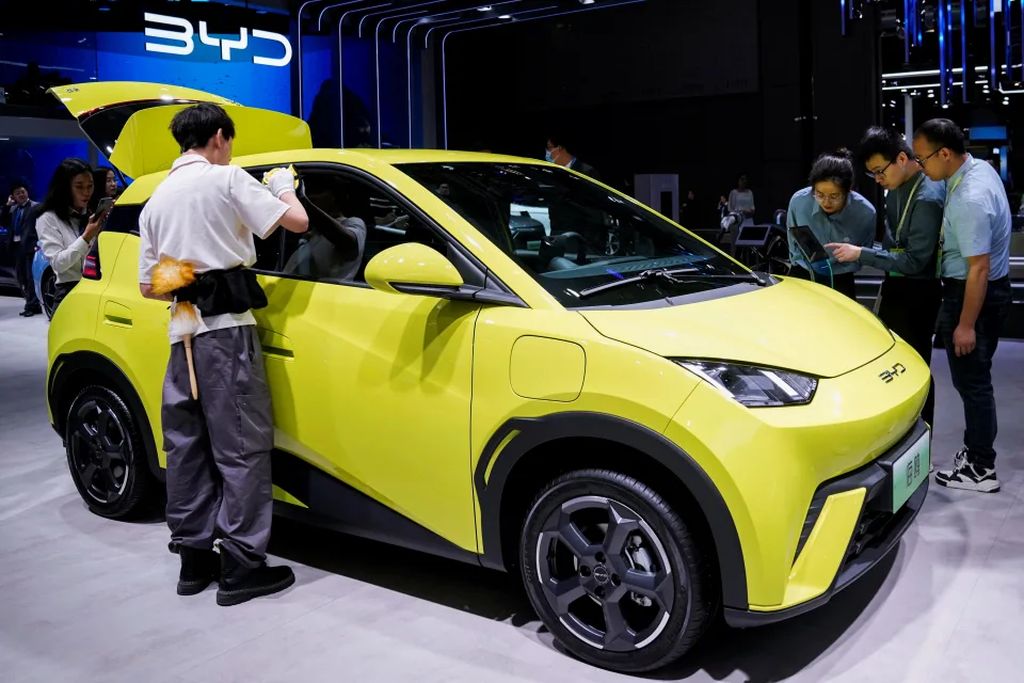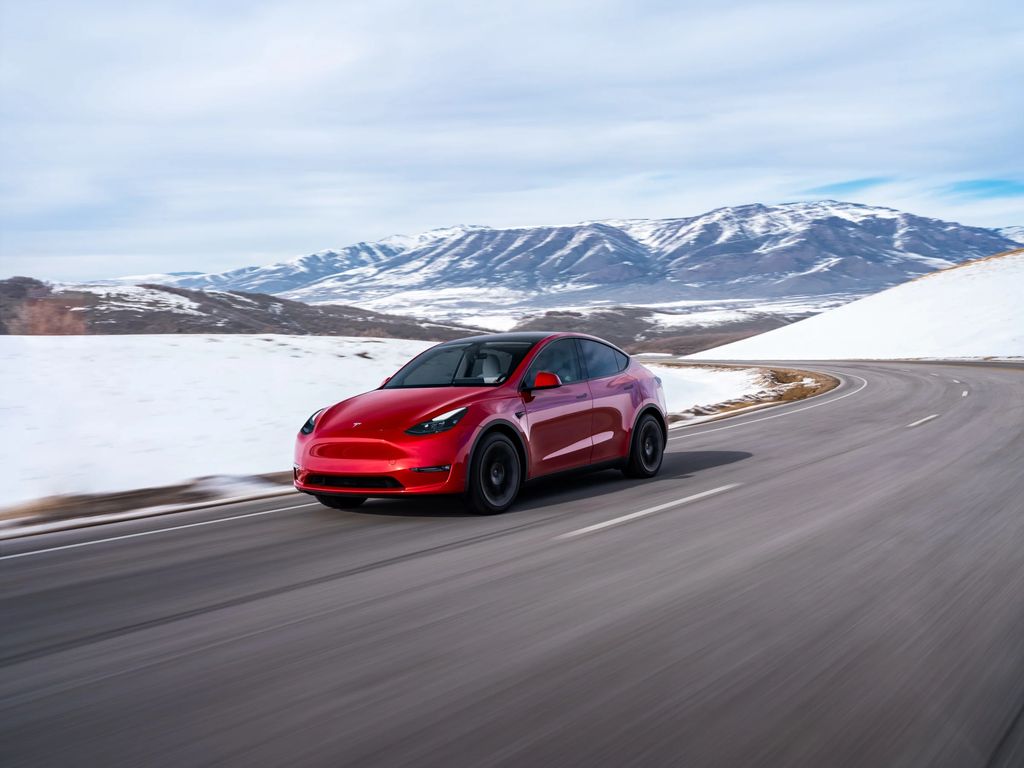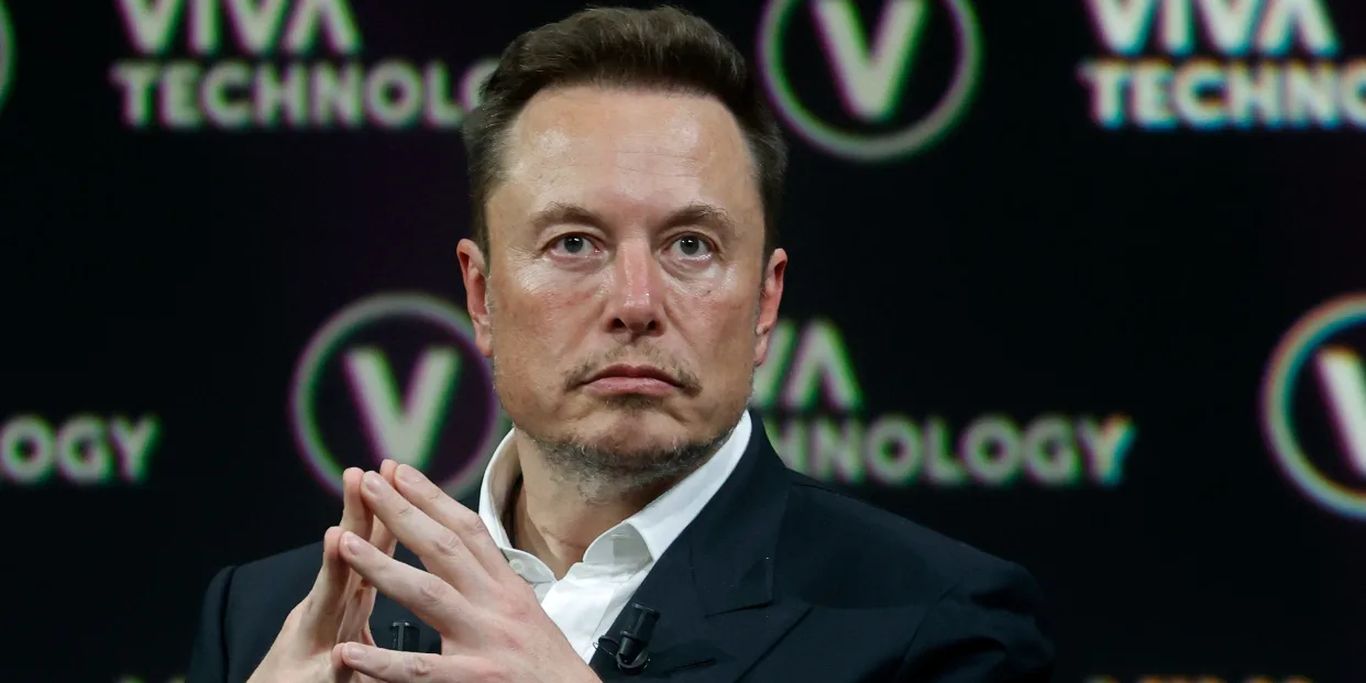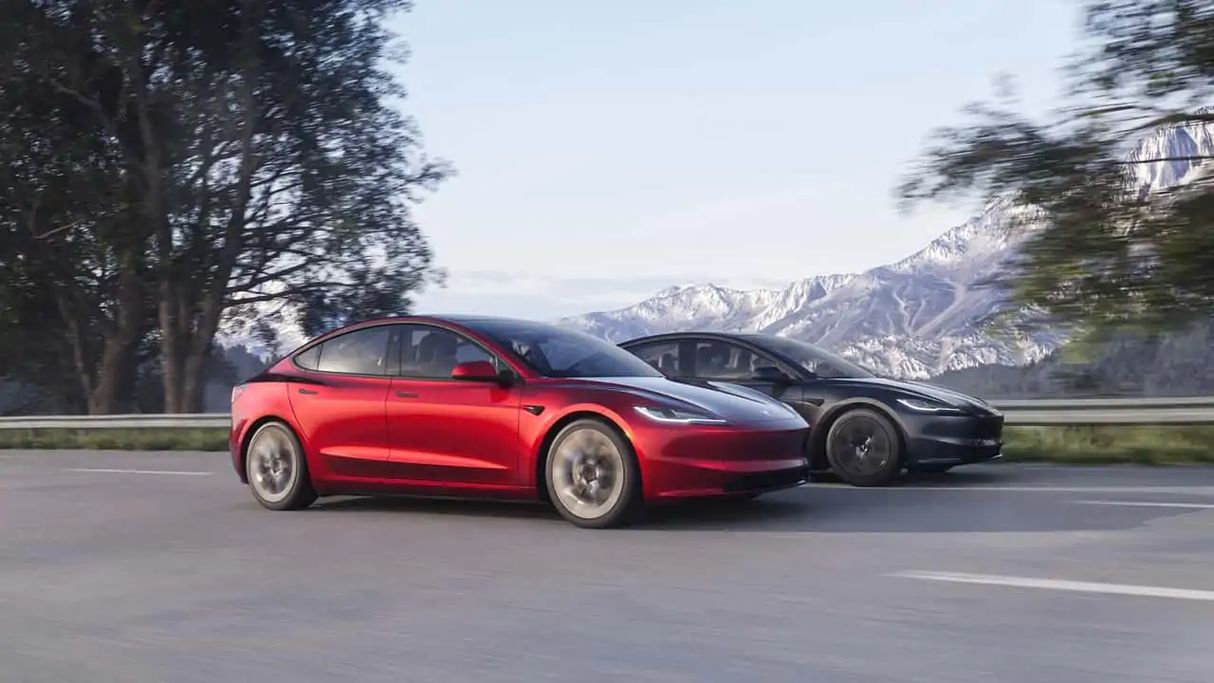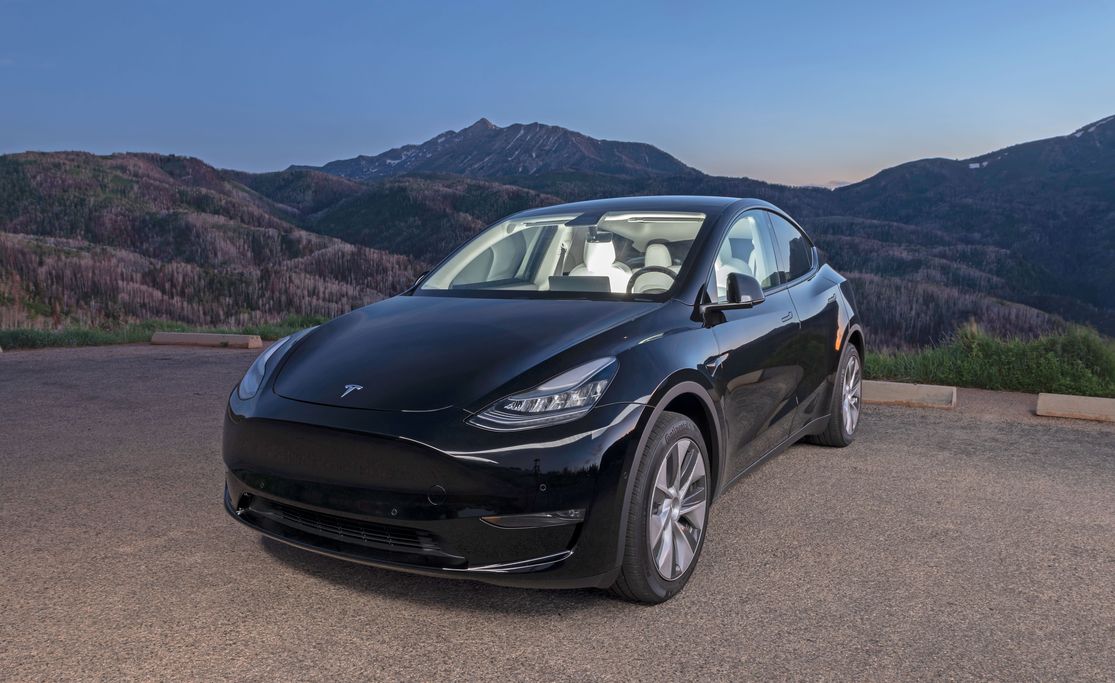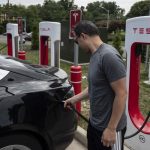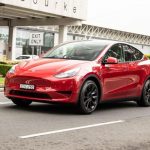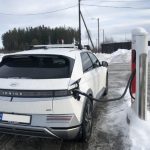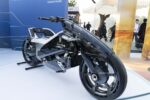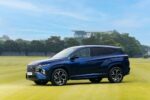BYD is projected to surpass Tesla and become the world’s largest electric vehicle manufacturer in the final quarter of 2023. Currently, the leading Chinese automaker is only trailing Tesla by 3,000 vehicles.
China is at the forefront of the electric vehicle market, accounting for 64% of global production and 59% of electric vehicle sales in 2022, according to the World Economic Forum. One of China’s major electric vehicle manufacturers, BYD, is poised to overtake Tesla as the top electric vehicle seller globally.
Business Insider reports that BYD’s electric vehicle sales in the first three months of this year are only slightly trailing Tesla by around 3,000 vehicles. Analysts predict that BYD is likely to surpass Tesla by the end of this year, which would be a significant milestone for the electric vehicle market.
Tesla’s product lineup consists of four models: Model S, Model 3, Model X, and Model Y. All of these models have relatively high prices ranging from $40,000 to $100,000.
In contrast, BYD focuses on producing affordable electric vehicles that cater to a wider range of customers, enabling the company to capture a larger market share. This year at the Shanghai Auto Show, BYD introduced the Seagull electric vehicle with a price of 73,000 CNY (approximately $10,000), making it the fourth best-selling electric vehicle in China, according to Autovista24.
BYD’s other models, such as the Song, Qin Plus, Dolphin, Yuan Plus, and Han, also rank among the top 10 best-selling electric vehicles in China. Meanwhile, Tesla’s only presence in the list is the Model Y.
Seth Goldstein, a securities strategist at Morningstar, stated to Business Insider that while there is still demand for Tesla’s products, the American electric vehicle manufacturer will need to “offer an affordable model to compete with BYD” to maintain its global electric vehicle sales leadership. Tesla sold 1.3 million vehicles worldwide last year, and Elon Musk aims to reach 20 million vehicles by 2030.
Chinese companies also benefit from government support for EV battery supply chains and efforts to build a domestic charging network.
Batteries account for around 30% to 50% of the cost of an electric vehicle. Ilaria Mazzocco, a senior fellow at a Washington, DC-based think tank, previously told Business Insider that China has gained a significant advantage in this area, partly due to its control over the necessary supply chains for battery production.
According to a report by Morgan Stanley, a US investment bank and financial services company, Chinese companies currently “dominate in terms of labor and production infrastructure, as well as the extraction of critical materials needed for electric vehicle production.”
Morgan Stanley also noted that “as much as 90% of the EV battery supply chain depends on China,” with the two largest Chinese battery manufacturers, CATL and BYD, controlling over half of the market.
“China has the largest high-speed charger infrastructure network in the world. Essentially, every 50 km along the main highways, there is a high-capacity charging station, and this has helped address the most significant concern for most electric vehicle users,” said Seth Goldstein. The success of electric vehicles in China is also due in part to the dense charging infrastructure in the country.
Although Beijing ended its 11-year electric vehicle subsidy program in 2022, sales continue to grow. According to data from Rho Motion reported by Reuters, China recorded record-breaking electric vehicle sales in October and is expected to finish the year with even stronger growth in the last two months.
TT (Tuoitrethudo)


